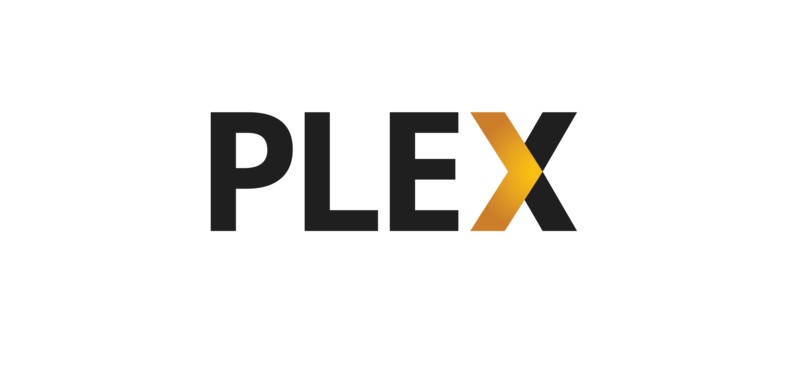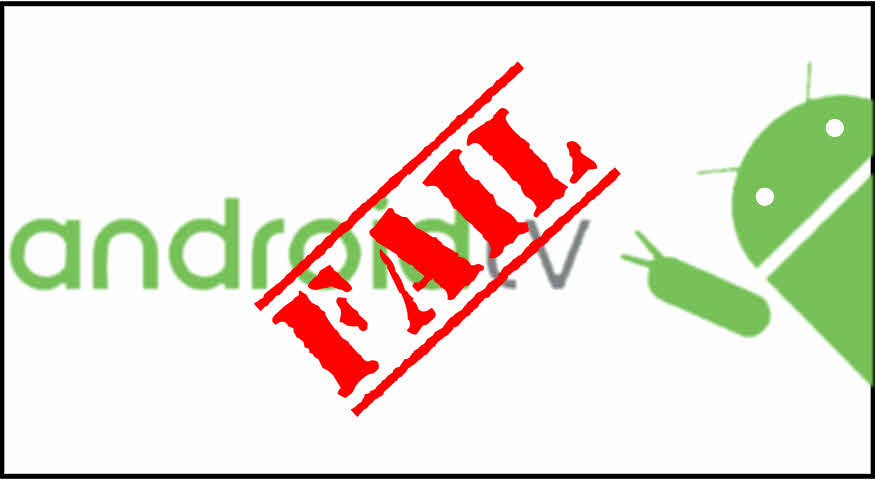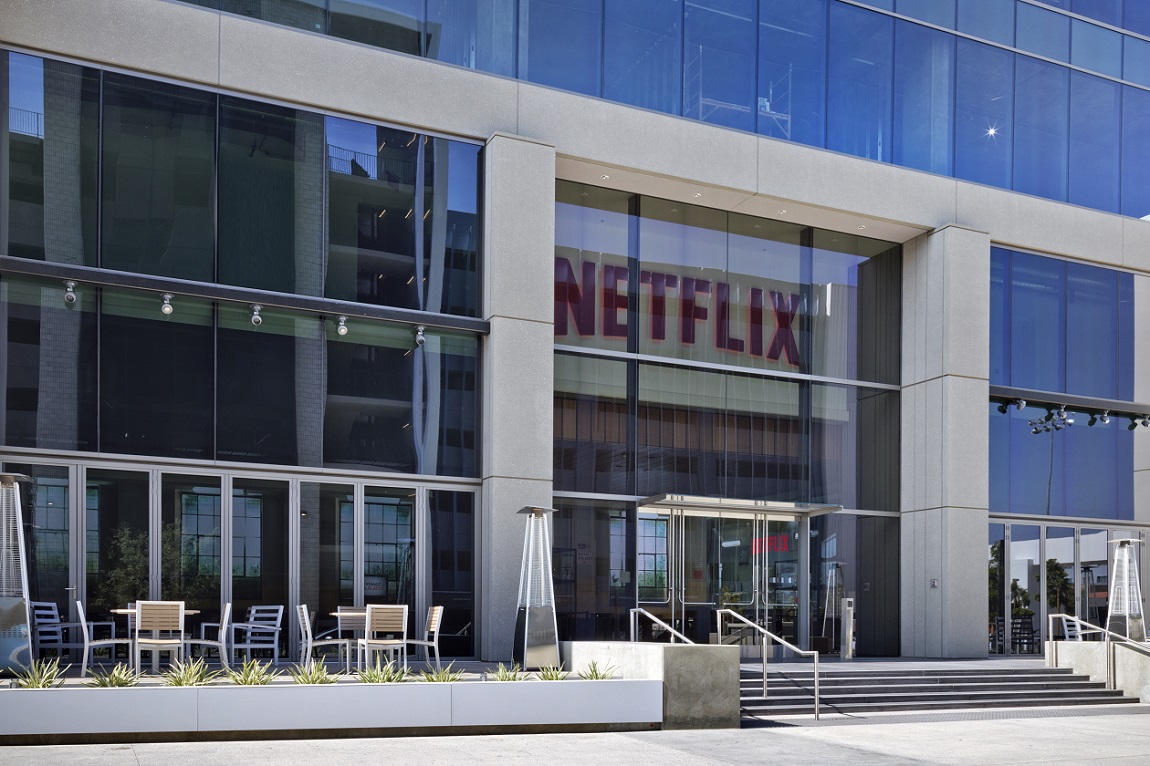On July 23rd, Bijan Stephen, writer for The Verge, published an article about Plex. No doubt as a Plex user I’m obviously biased in favor of this particular software and I won’t deny that I use it far more frequently on my Roku TV than I do my subscription to Hulu or Netflix but one cannot come away from reading the article without getting the impression that those who use it are using it only for reasons that violate copyright laws.
Plex Overview
For those not in the know, Plex is free software that you download from the internet and install on your computer. Once installed you can direct it to any videos or music that you have stored on it and it becomes a hub for all of your home media that you can then access on your smart phone, smart TV or streaming device.
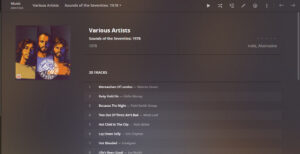
For example, if you have a large music collection you can then rip (copy) all of your CD’s to your home computer, tell Plex where the music is located at and it will then search the internet to find the data, such as album artwork, artists performing the song, etc. pertaining to that CD. It also works on movies and TV shows as well. It will also allow you to create a playlist of your music or video files so that once it is finished playing it will go right into the next item on your playlist. If you stop for some reason you can pick right back up from where you left off.
If you become a Plex Pass member, which means that you financially support the creators, you get access to features that you don’t get under the free service, such as the ability to use your Plex Server as a DVR as well as apps that work on your smart phone without paying extra for it.
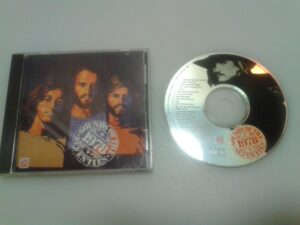
Some of the advantages to this type of service is the ability to access your music collection on your phone while you are on the go without it taking up precious storage space. If you have decided to cut the cord the DVR feature allows you to record more channels at the same time, customized storage size to suit your needs and potentially at a cheaper price than it would cost for the more popular DVR systems available on the market. With the growth of cord cutting these are quite popular features, especially for those who are do-it-yourselfers.
Piracy Issues
The underlying premise of his article is that the predominate use of Plex is piracy and copyright violation yet offers no data to support that claim.
Courts have overwhelmingly sided for the general public when it comes to making personal copies of material protected by copyright laws. It’s when the material gets distributed, shared or placed on public display that copyright laws are then enforced. Using Plex as a DVR isn’t a violation of any copyright laws because the courts ruled in the 70’s that VCR’s to record material from your TV (or cable provider) was perfectly legal. Courts have also ruled that making backup copies of material protected by copyright laws, such as your record or CD collection, wasn’t a violation of copyright laws. It’s when you gave away or sold copies of items that it you had violated laws.
Yes, Plex can be used to accommodate pirates. An individual can download movies or TV programs from the internet using bit torrent or direct download, saving it on their computer in a location where Plex software can locate it and make it available to you on your streaming device or smart phone, but it’s not actually Plex performing that function. And it wasn’t designed with that in mind.
Flashback to Kodi
Kodi has been on the radar for quite some time when it comes to the topic of piracy. It was the go to software that when installed on Android or Apple streaming or even Windows and Mac computers, could be used to access pirated content on the internet once you installed independently developed addons to it. The ability to watch cable networks live made it appealing to unscrupulous individuals who sold a $80 Android based box for over $350 at local state fairs. It was an easy sell because they would purchase the box, install Kodi and the addons which would permit the buyer to connect it to his or her TV set and watch on-demand movies and TV shows along with stolen cable channels until the feed was discovered and shut down, essentially bricking the product.
Kodi and Plex do share some similarities. Both are popular media centers. Both are free to download and use. And I’ll even go so far as to say that there are some features Kodi had that I wish were available on Plex such as the ability to read ISO files. One thing that Plex isn’t able to do is search the web looking for pirated material and make it available to you.
Targeting the Violators
My biggest concern with Mr. Stephen’s article is that he isn’t targeting the violators, he’s targeting the software and that should be a major concern for those who use and enjoy it for the reasons it was built.
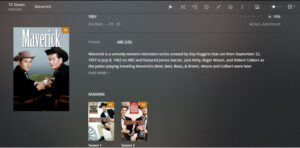 The development team behind Plex has worked hard to develop software that allows users to clean up and organize their music, movie and TV shows collections. And it has done so in a way that allows users to share their collections with others. Plex does not in any way profit from the sale of copyrighted material, nor does it market itself in that way.
The development team behind Plex has worked hard to develop software that allows users to clean up and organize their music, movie and TV shows collections. And it has done so in a way that allows users to share their collections with others. Plex does not in any way profit from the sale of copyrighted material, nor does it market itself in that way.
To say Plex makes piracy just another streaming service is like saying “letting someone borrow a disk is promoting piracy”. After all, if a friend borrows your copy of a movie or you give the friend a movie you already purchased then that means that the friend didn’t spend any new money on the tittle. Does the fact that (due to technological advances) you can that you can now do so without handing a disk or tape to another person make it stealing? No. And it is unfair to paint Plex in that light simply because of the way some people describe it (via email). 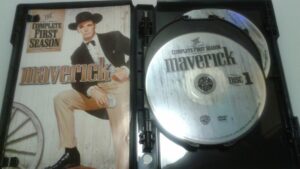
Yes Plex could be used to distribute stolen material. So can a hard drive, or Blu-ray or DVD burner and in the past so could a VCR. You can load videos to many cloud services and share a password. But it doesn’t mean that Plex is meant for that or that it is primarily used in that way. Some day, maybe the courts will decide that any form of video distribution that involves accessing content remotely is labeled as piracy. And if some sort of ruling along those lines rolls out Plex users would have to have a different conversation about this issue according to the law on the books. Having a video library of your own content and allowing others to access it as well is not against the law. Unless there is something more to this story calling Plex a piracy tool is in the least a stretch and at the most far worse.

